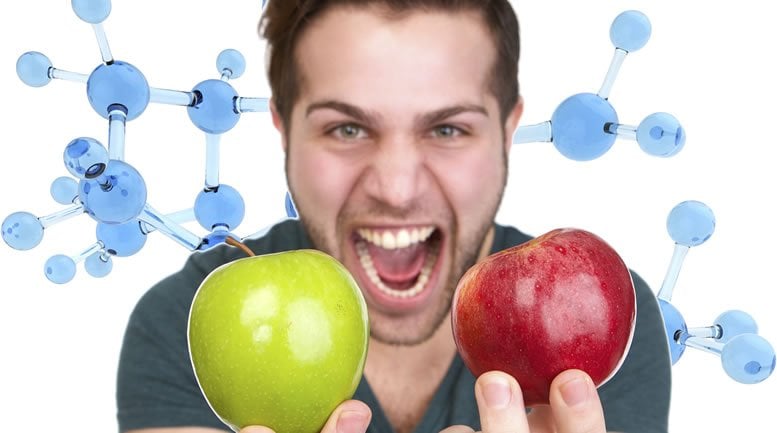What are free radicals?

What are free radicals?
Free radicals are atoms or molecules with an odd (unpaired) number of electrons. They can be formed when oxygen interacts with certain molecules.
Many free radicals are necessary for life and are used by our body’s cells to kill invading bacteria.
Cell injury
“But excessive amounts can lead to cell injury and contribute to many diseases, including coronary artery disease and cancer,” explains UCLA Distinguished Professor Emeritus R. James Barnard, PhD, who has published more than 200 studies over the past three decades on the relationship between lifestyle (our food and fitness habits) and disease.
Diets like the typical American diet, high in saturated fat, sugar, and other nutritional insults, are known to increase the formation of free radicals and the amount of LDL that builds up in the arteries.
Here is a closer look at the havoc free radicals can cause. It all begins with a surplus of LDL cholesterol, often the result of eating saturated-fat-rich foods like red meat, butter, and cheese. The LDL cholesterol burrows into the inner walls of our arteries. Once there, it goes rancid (the scientific term is “oxidized”). This process of LDL oxidation depends on the number of free radicals, mainly a type called reactive oxygen species (ROS), formed in the artery wall, and the susceptibility of LDL to be oxidized.
Diets like the typical American diet, high in saturated fat, sugar, and other nutritional insults, are known to increase the formation of ROS free radicals and the amount of LDL that is oxidized. That’s a big problem because the more oxidized LDL we have infiltrating our arteries, the more cholesterol-rich plaque we build, and the greater our risk of heart attacks and strokes.

Learn More About Pritikin
Reducing free radicals
The good news, Dr. Barnard and colleagues at UCLA have found, is that switching to a very heart-healthy diet and regular exercise appears to result in significant reductions in ROS formation.1 The diet achieving these reductions in ROS free radicals was the Pritikin Diet, which is centered on whole, unprocessed or minimally processed foods like fruits, vegetables, whole grains, and beans. All are naturally low in fat, sugar, salt, and refined white flours.
Also part of the Pritikin Diet, taught at the Pritikin Longevity Center in Miami, Florida, are prudent servings of nonfat dairy and lean meat like fish and white poultry. In addition to healthy nutrition education, the Pritikin Center has also helped thousands over the past four decades launch safe, effective, exercise programs and learn skills for stress management.
Antioxidant supplements
Many people in the U.S. take antioxidant vitamin supplements (such as vitamins C, E, and beta-carotene), hoping to detoxify the effects of oxidation caused by free radicals, and, in doing so, lower their risk of disease.
Unfortunately, many trials have shown no benefit from taking supplements to prevent either cancer or heart disease. In fact, taking vitamin E supplements increased lung cancer in smokers, research found.2 In a study on heart disease patients, vitamin E supplements had an adverse effect on serum lipids (blood cholesterol levels) and appeared to increase the risk of heart failure.3
“On the converse, numerous studies have reported that individuals who obtained their antioxidants by consuming large amounts of fruits, vegetables and whole grains reduced their risk for both cancer and heart disease,” notes Dr. Barnard.

Get All the Details of a Stay at the Pritikin Center in Your Inbox
Sources
1 Journal of Applied Physiology, 2006; 100: 1657.
2 American Journal of Respiratory and Critical Care Medicine, 2008; 177:524.
3 JAMA, 2005; 293: 1338.